What is creatine?
Creatine is a natural substance found in our body, mainly in the muscles but also in the brain. It plays a key role in the production of rapid energy during high-intensity and short-duration activities, such as sprinting or weightlifting. Creatine is synthesized by the body from three amino acids: arginine, glycine and methionine. In addition to its endogenous production, it can be obtained through diet, mainly through the consumption of meat and fish, or in the form of nutritional supplements.
Creatine supplements are particularly popular among athletes and bodybuilders, as they have been scientifically proven to enhance strength, power, and athletic performance, while promoting muscle recovery and growth when combined with resistance training. By increasing the body's ability to produce energy quickly, creatine allows athletes to perform more intense efforts and recover faster between sets of exercises.
Additionally, research suggests that creatine may have benefits beyond improving physical performance, including beneficial effects on neuronal and cognitive health, preventing certain diseases, and supporting the management of various health conditions. However, despite its many potential benefits, it is important to use it responsibly and consult a healthcare professional or experienced athletic trainer for personalized advice, especially if you have pre-existing medical conditions or are taking other supplements or medications.
What are the benefits of creatine?
Creatine is one of the most studied and popular supplements in the world of sports and bodybuilding, recognized for its numerous benefits on physical performance and muscle health. Here is a detailed overview of its main benefits:
Enhancement of athletic performance.
Creatine is particularly effective in enhancing performance in activities that require quick bursts of high-intensity energy, such as sprinting, jumping, or weightlifting. By increasing muscle phosphocreatine stores, it helps produce more ATP, the primary energy source for short-duration, high-intensity exercise. This results in an increased ability to perform more intense efforts, increase training volume, and enhance overall performance.
Increase in muscle strength.
Creatine supplementation has been shown to significantly increase muscle strength and power. This is due to its ability to facilitate energy production and support more intense and longer workouts, which stimulates muscle growth and long-term strength improvements. Athletes who use creatine are often able to lift heavier weights and perform more repetitions, which is a key factor in increasing muscle mass and strength.
Accelerate recovery after exercise.
Creatine plays an important role in the recovery process after exercise. By enhancing the regeneration of ATP stores and reducing muscle damage, it helps accelerate recovery between workouts. This allows athletes to maintain a high training frequency without compromising the quality of their performance or their physical well-being. In addition, creatine can reduce inflammation and minimize fatigue, thus contributing to overall better recovery.
Helps in muscle development.
In addition to its effects on strength and performance, creatine also promotes muscle growth in several ways. It stimulates protein synthesis, a key process for muscle growth. In addition, creatine can increase levels of IGF-1, a growth factor that plays a role in muscle hypertrophy. Finally, by attracting more water into muscle cells, creatine increases cell volume, which can signal muscle growth and improve the long-term viability of muscle cells.
Thus, creatine offers an impressive range of benefits for athletes and active people, ranging from improving athletic performance to accelerating recovery and promoting muscle growth. Its safety and effectiveness have been widely proven, making it a popular choice for those looking to optimize their training results and achieve their fitness goals.
HOW TO TAKE CREATINE?
Creatine is a widely used supplement to enhance athletic performance, muscle strength, and promote muscle growth. To get the most out of creatine supplementation, it's important to understand how to consume it properly. Here are some key points to consider:
Recommended dose
The typical recommended dose of creatine for improving athletic performance is usually around 3 to 5 grams per day. This amount has been shown to be effective in the majority of scientific studies. For heavier individuals or those seeking maximum performance enhancement, a slightly higher dose may be considered, but it is rarely necessary to exceed 5 grams per day to maintain saturated muscle creatine stores once the loading phase is complete.
Optimal time of consumption.
The timing of creatine consumption can affect its effectiveness. Although research findings are not unanimous, some studies suggest that taking creatine shortly before or immediately after a workout may be slightly more beneficial for muscle growth and recovery. Taking creatine with a meal containing carbohydrates and protein may also enhance its absorption and utilization by the body, thanks to an increase in insulin, which helps transport creatine into the muscles.
With or without loading phase.
The creatine loading phase is a method that involves taking a higher dose of creatine (about 20 grams per day, divided into 4 doses of 5 grams) for 5 to 7 days, followed by a maintenance phase of 3 to 5 grams per day. The purpose of the loading phase is to quickly saturate the muscles with creatine, which can accelerate results. However, this step is not mandatory. Regular supplementation without a loading phase will also increase creatine stores in the muscles, but it may take a little longer (about 28 days) to achieve full saturation.
In summary, while creatine supplementation is relatively simple, following these guidelines can help maximize its effectiveness. It is always recommended to start with a lower dose to assess tolerance, and then adjust according to individual needs and goals. As with any supplement, it is advisable to consult a healthcare professional or sports nutritionist for personalized advice, especially if you have pre-existing medical conditions or are taking other medications or supplements.



